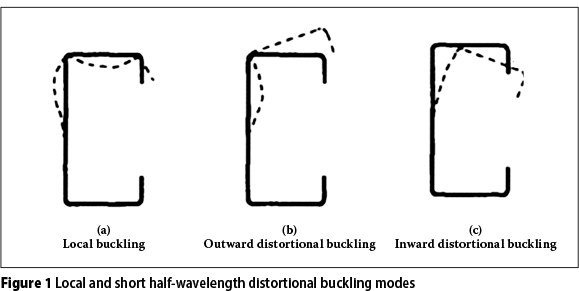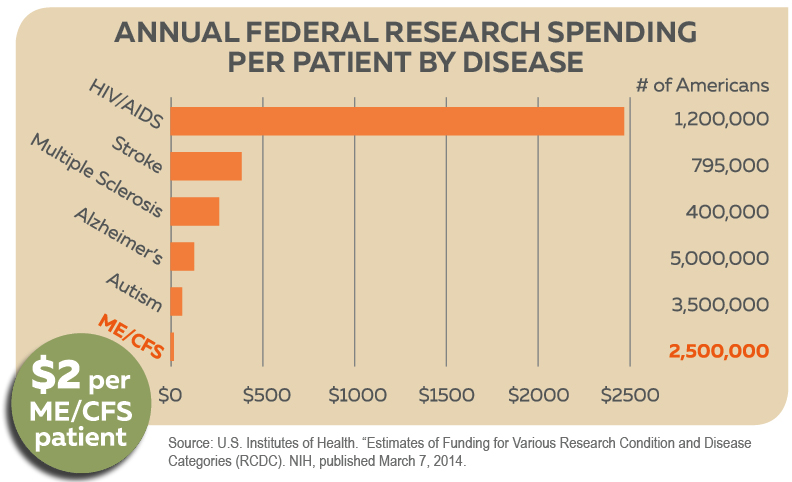
You need to make sure that you do not "push and crash." This can happen when you feel better, do too much, and then get worse again. Strategies such as learning new ways to manage activity can also be helpful. If those do not help, you may need to take medicines or see a sleep specialist. For example, if sleep problems affect you the most, you might first try using good sleep habits. You should figure out which symptom causes the most problems and try to treat that first. You, your family, and your health care provider should work together to decide on a plan. There is no cure or approved treatment for CFS, but you may be able to treat or manage some of your symptoms. What are the treatments for chronic fatigue syndrome (CFS)?

What are the symptoms of chronic fatigue syndrome (CFS)? Whites are more likely than other races to get a diagnosis of CFS, but many people with CFS have not been diagnosed with it. Adult women have it more often that adult men. Who is at risk for chronic fatigue syndrome (CFS)?Īnyone can get CFS, but it is most common in people between 40 and 60 years old. It is possible that two or more triggers might work together to cause the illness. There may be more than one thing that causes it. What causes chronic fatigue syndrome (CFS)? Sometimes you may not even be able to get out of bed. CFS can often make you unable to do your usual activities. Another name for it is myalgic encephalomyelitis/chronic fatigue syndrome (ME/CFS).

Chronic fatigue syndrome (CFS) is a serious, long-term illness that affects many body systems.


 0 kommentar(er)
0 kommentar(er)
